|
About once a month, I find I run into the same questions.
How did you teach your kids how to read? How did they become such great readers? What materials did you use? What should I do? I'm so lost! I am sure there are many ways to skin this particular cat (& please comment below on what's worked for you), but here's what I’ve done. |
|
I used a simple book that cost me about $15.
Teach Your Child to Read in 100 Easy Lessons. Please do not be deceived by the title. This book is neither easy nor pleasurable. There is angst and frustration. It's boring and hard to see the reasoning in the madness until the kid hits lesson 95… BUT it is exceptional at teaching kids to read well. Patterns, sounds, habits. It is a solid work that builds strong literacy. I'm impressed every time I complete it. Goodness though, I'd love to set it afire. |
|
2. WRESTLE TOGETHER A PRIZE BIN
Go to the dollar store, the thrift store, Target, Amazon, whatever. Buy a bunch of loot. (Think $1-$4 range). Things you know will make your kid excited, things that are novel, things maybe you don’t buy because they’re junk. Now is the time. I start off with simpler ones for the initial 20 lessons, then add more enticing ones as lessons get harder. Examples of things I've had in there: bath crayons, coloring books, markers, earrings, clothing, little plastic toys, headbands, thrift store finds, etc. |
The answer, even when we were struggling with cash, was a decided yes. I totally would.
So I used that money to buy incentives.
Throw 6-7 of the items into a box. It doesn’t have to be fancy. It’s magical in itself. That’s your prize bin.
|
3. BUY SOME CANDY
For every lesson, I also offered an immediate reward. Something sweet. 4 chocolate chips, 2 gummy bears, whatever. That kind of thing. The point is to make the exercise less painful. It is only for a season they’re getting this extra treat. And in the end they will be left with the best gift in the world: an appetite for reading. |
Be patient, be thorough. Ideally, the book will work marvels and Chumpkin will come out literate in 4 months… In practice, this isn’t usually the case. I’ve had to stop and actually go back to re-do lessons. I think with Therese we got to lesson 65 and I brought her back to 15. She was just not getting it. But that’s okay. Start the charts over, take a deep breath, make a cup of tea. It is worth it, even if it isn’t as easy as we think it should be.
I really didn’t want to fight with my kids about lessons, so the prizes and sweets helped, but I also established another rule: no shows until we finished a lesson that day. Therese might have been willing to skip one day of TV, but she certainly wasn’t ready to go weeks without it.
Once I completed 100 Easy Lessons, I began a new chart. We would read for 30 minutes every day and she could earn prizes after 7-10 days. Many pushBOB books. I think they are fine, but largely boring.
The best books are the ones that a kid laughs at, because then he/she will return and read them again on their own. And repetition is magical.
* Piggie and Elephant series* by Mo Willems –These are gold. They are amusing, creative, delightful. Our favorite was There is a Bird on Your Head! They are easy to reserve at the library, but I can also see these being a great thing to have at home for kids to come back to over and over.
|
Henry & Mudge series by Rylant
Mr. Putter & Tabby series by Rylant Annie & Snowball series by Rylant Oliver and Amanda series by Van Leeuwen Go Dog Go Hop on Pop |
Here, I still read for a time with the kid. They still make a good number of errors at this stage, so it helps to follow along as they read aloud.
|
A few good series in this range:
Frog and Toad by Lobel Princess in the Black by Hale Mercy Watson by DiCamillo Magic Treehouse by Pope Osborne Kingdom of Wrenly by Quinn Secrets of Droon by Abbott Boxcar Children by Warner |
Reading is magical, even by extension.
Each kid is so different with reading. My eldest Clare is not the norm. She’s very bright and learned at 3 years old. My middle child, Therese, is also smart but waited until 5. I could see that she needed more time, and I didn’t want our relationship to suffer because I was pushing literacy too early. (I think 4-5 is typically a good age to start, but family circumstances or a child's development easily trump ideals.)
I say this both as encouragement and as a precaution. Teaching a little person to read isn’t always easy. Try not to crush yourself (or your kiddo) with expectations.
Reading will happen, it just might take a bit longer and include a few extra snuggles for some.
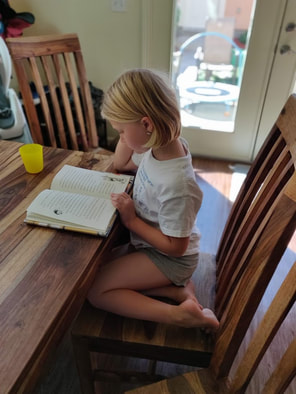

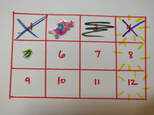
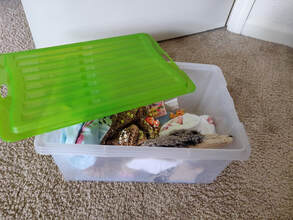
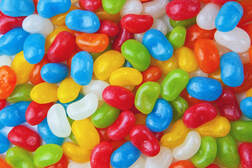






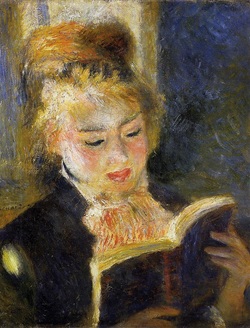
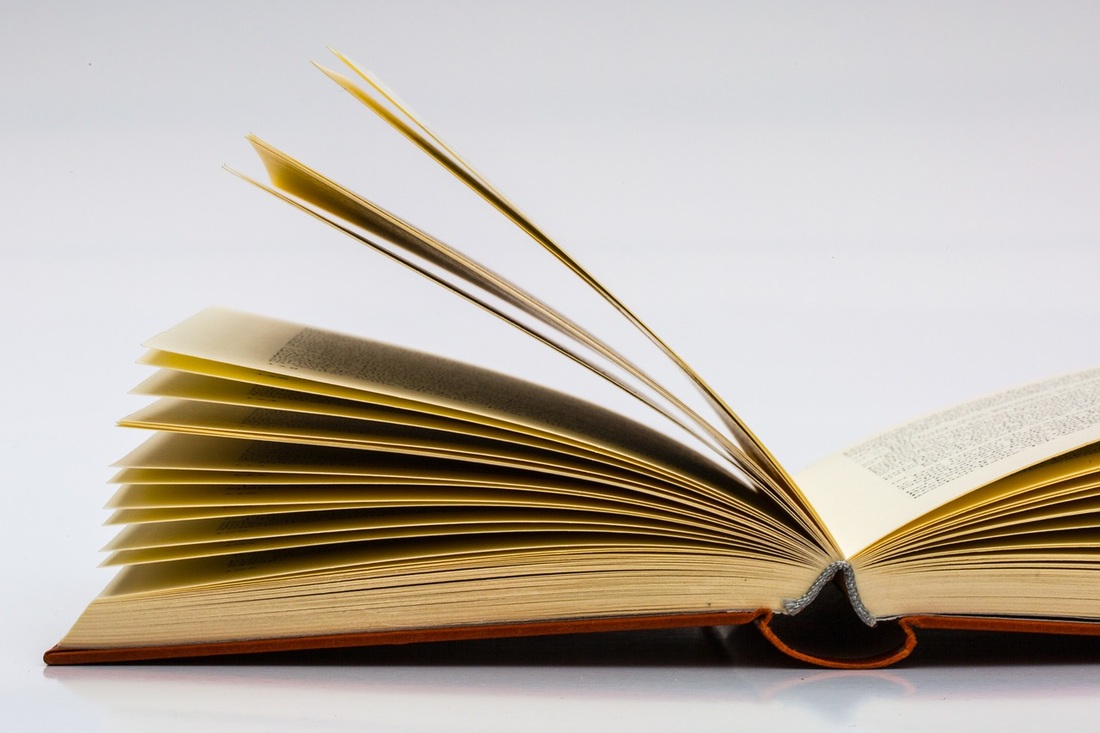
 RSS Feed
RSS Feed
